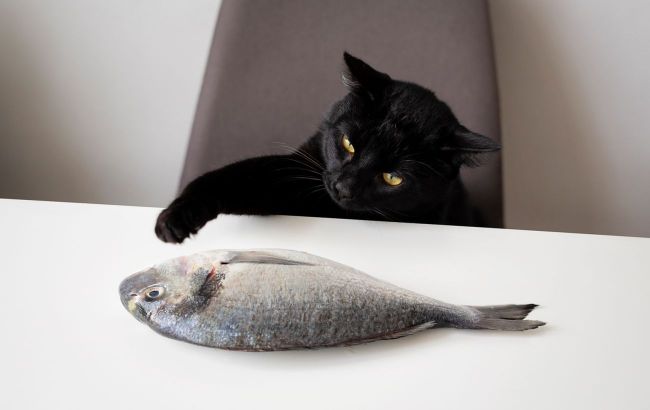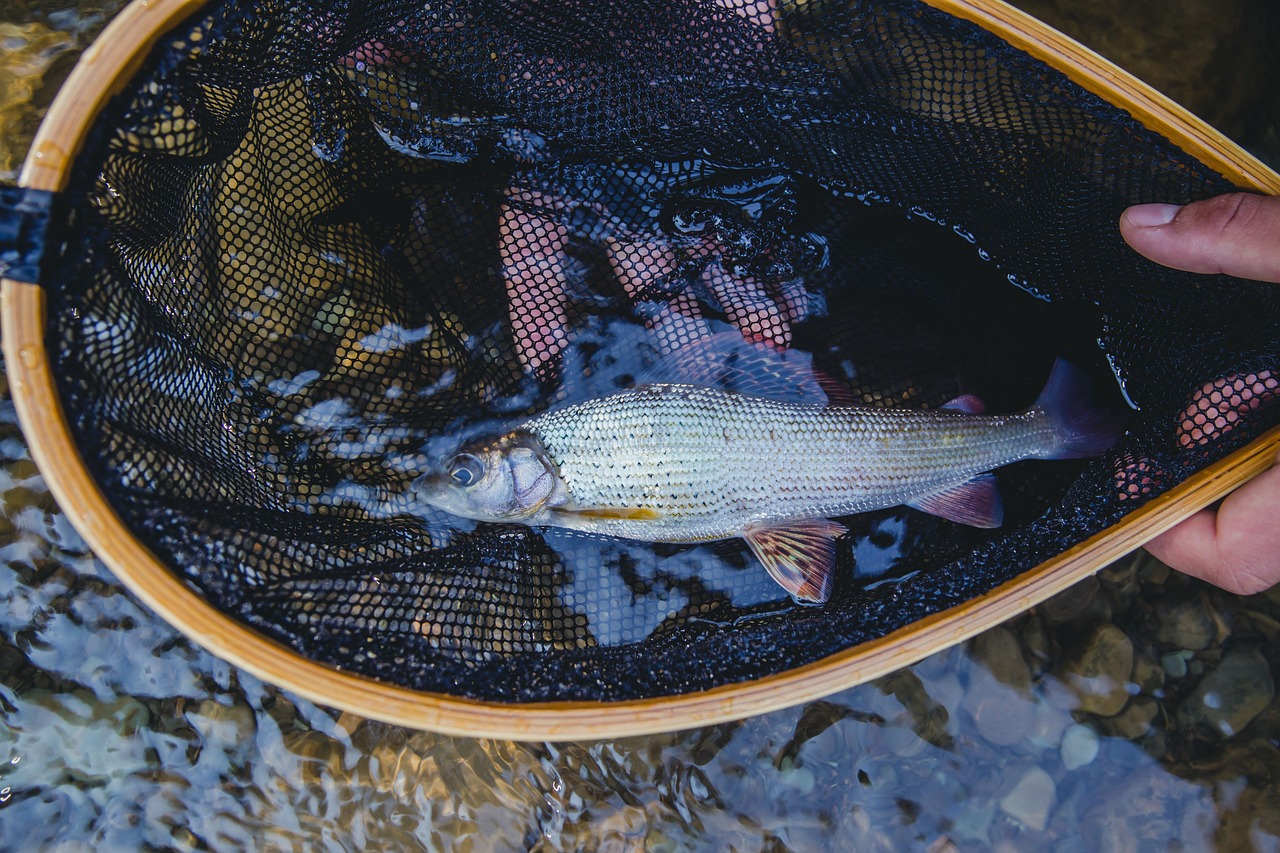Raw fish for cats: Unmasking hidden dangers for your pet
 Illustrative photo (Photo: Getty Images)
Illustrative photo (Photo: Getty Images)
Not all cats enjoy eating fish, especially raw fish, despite popular belief.
RBC-Ukraine explains whether it is possible to feed cats raw fish and what consequences it may have.
The sources used for preparing this material include exomania, vetzo.com, PetsLike, and ZooComplex.
Can you feed cats raw fish?
Live fish is an exciting toy for most cats - shiny and with an exceptionally interesting scent. However, it should not be the mainstay of your pet's diet.
An occasional fishy snack is unlikely to be harmful in most cases, but it cannot be considered a complete source of all necessary nutrients - fish lacks several important minerals and vitamins essential for cats.
Feeding domestic cats raw fish is generally not recommended by most veterinarians, especially if the fish is from rivers.
Adding raw fish to a cat's diet can lead to serious health problems.
 It is better not to give raw fish to domestic cats (illustrative photo: pixabay.com)
It is better not to give raw fish to domestic cats (illustrative photo: pixabay.com)
Why is raw fish dangerous for cats?
Raw fish is hazardous for cats because regular consumption may lead to:
- Urolithiasis - an excess of phosphorus, magnesium, and a unique mineral balance in fish can affect kidney function and trigger the development of this condition.
- Metabolic disorders and rickets - oxidative stress (excessive production of reactive oxygen species) is one of the main causes of aging.
- Excessive weight and lethargy - due to a lack of tocopherol (which stimulates the muscular system) and oversaturation of the body with fatty acids, leading to inflammation of fatty tissues.
- Impaired metabolism and hypovitaminosis - some fish are rich in thiaminases (enzymes that break down B-group vitamins), essential for a cat's healthy life.
- Digestive disorders or pancreatitis.
- Anemia - the presence of trimethylamine oxide in fish can "block" the absorption of iron in the body's cells.
- Hyperthyroidism, disruptions in the endocrine system - accumulation of excessive iodine in the body.
- Deficiency in vitamin K, responsible for blood clotting.
- Parasitic infections (especially helminths).
- Allergic reactions - fish protein is one of the strongest allergens.
- Injuries to the throat, esophagus, stomach, or intestines from sharp fish bones.
 It is not worth exposing your pets to danger (illustrative photo: pixabay.com)
It is not worth exposing your pets to danger (illustrative photo: pixabay.com)
What fish can be given to cats
Fish meat, like a sponge, absorbs toxic substances, heavy metal salts, or other harmful elements from polluted water. Based on this, it is best to look for environmentally friendly fish products for feeding cats.
Before feeding a cat, any fish should be:
- Thoroughly washed.
- Cleaned of entrails, large bones, and heads.
- Subjected to heat treatment (boiled or baked).
Experts recommend choosing sea fish (hake, mackerel, herring, cod, sea bass, carp, tuna, salmon, trout, etc.) for animals.
It is advisable to feed cats with fish no more than two to three times a week.

